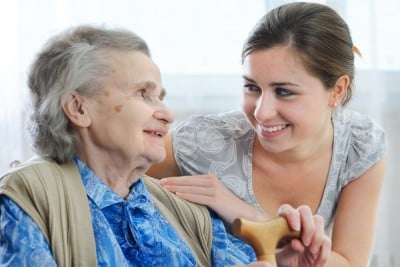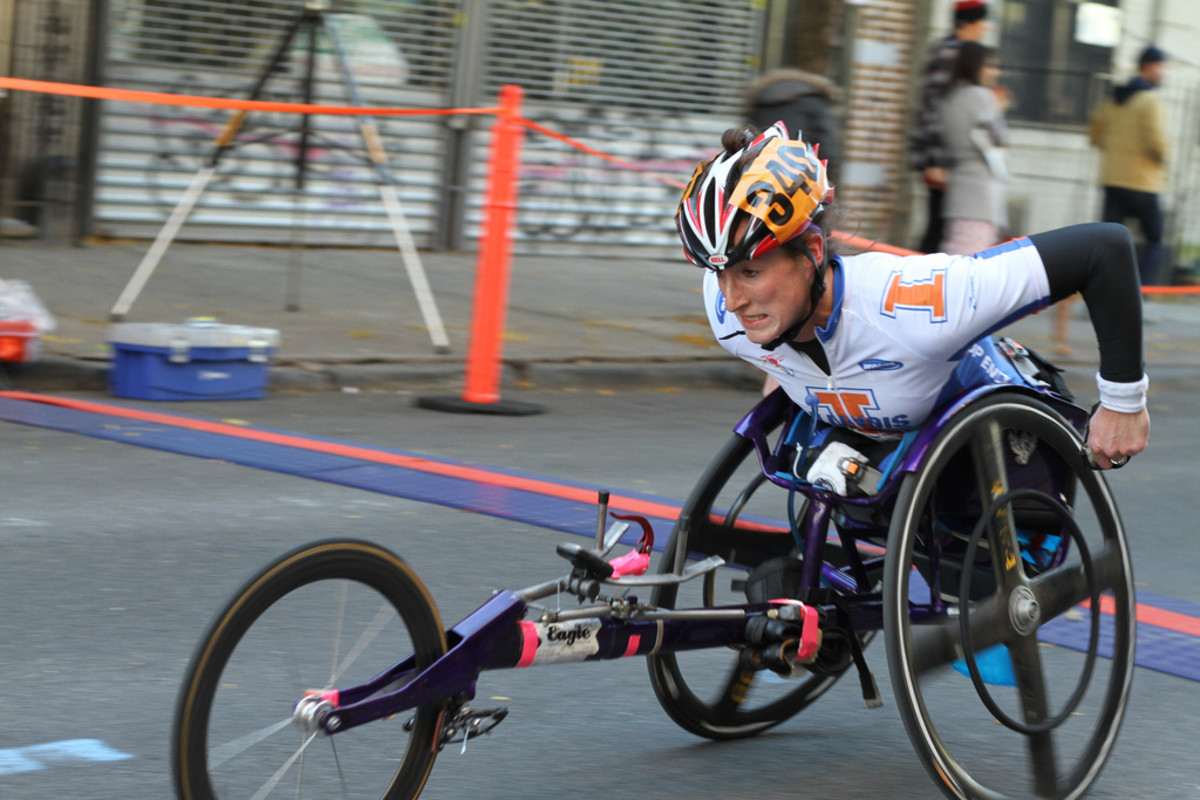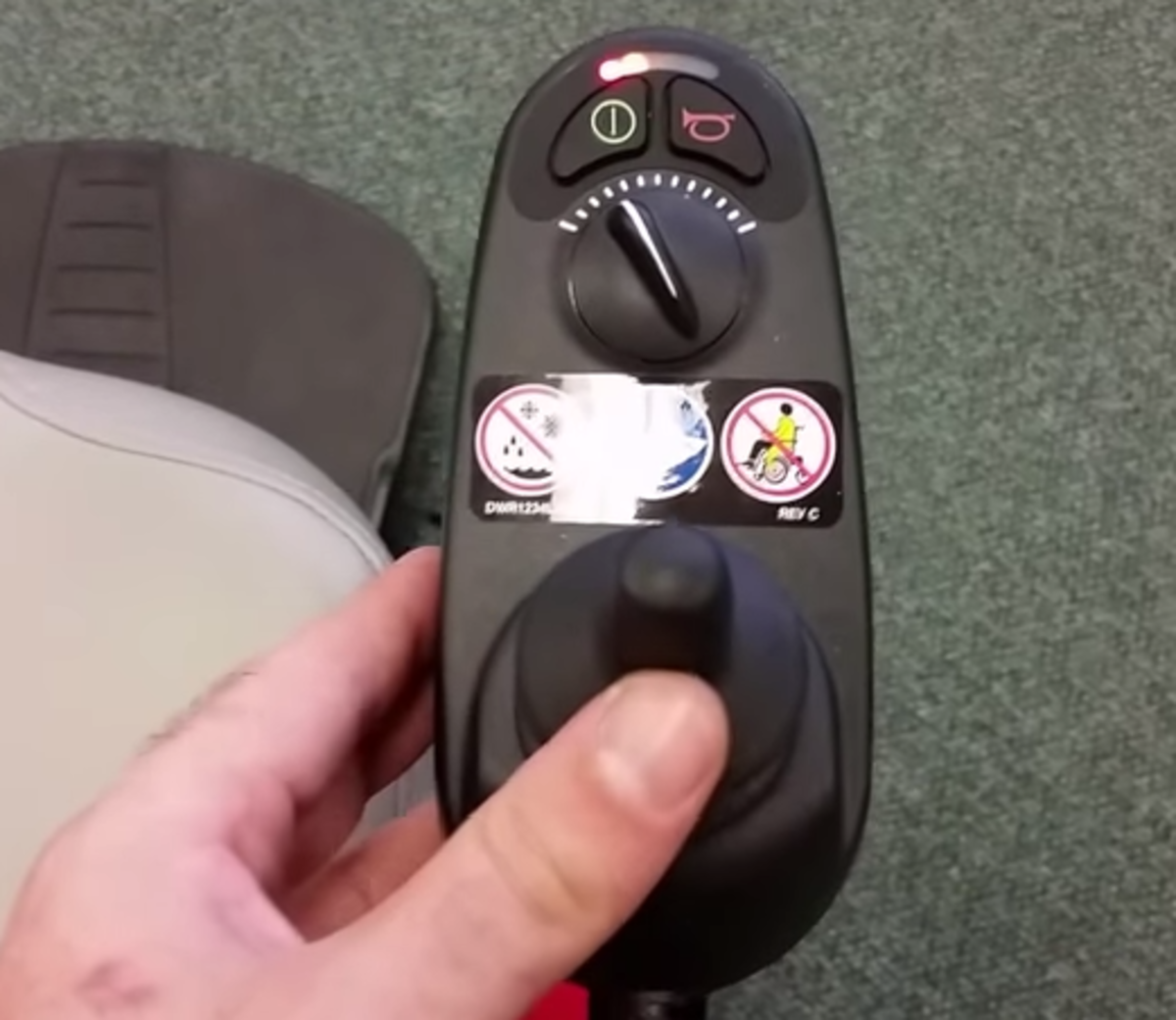Home Assistance or Caregiver Needed? Look for the Signs
For those of you who have an elderly parent, grandparent, or relative you are responsible for, there comes a time when you have to make a decision about their ongoing care. If they have been diagnosed with Alzheimer’s Disease, an assisted living facility is often the right decision.
But there are other instances when the elderly person just needs some degree of help to continue to be able to live safely and independently at home. How can you tell?
There are signs that point to changes in the elderly person’s behavior or physical ability. These often indicate a need for home assistance or a caregiver for that adult. Observing these clues can help you determine when it’s time for help.

Mental Capacity Issues
Here are some signs related to mental issues that you should look for. These may indicate a change in the person’s ability to process or react to information. Have you noticed if your aging relative:
- Seems to be undergoing a personality change? For example, are they getting angrier more often or do they seem depressed?
- Having confusion or memory loss that seems like more than just a “senior moment”?
Mental-related issues may be signs of Alzheimer's or dementia. In order to rule out this disease, you should first make sure the person sees a doctor. If Alzheimer’s or dementia are ruled out or medication is needed to get them under control, you may then consider this an indication that some help is needed.
For more specific information about Alzheimer's, read other hubs such as Symptoms of Dementia.
Problems Getting Around
Joint problems, arthritis, and muscle weakness can make it difficult for aging adults to get around. Here are some other mobility issues you should look for. Has one or more of your senior relatives:
- Been unable to walk the distances they usually walk?
- Had difficulty walking or have they become unsteady on their feet?
- Seem unsteady when they are standing up from a chair?
- Been falling down?
- Having trouble stepping into or out of the shower or tub?
- Begun tripping, slipping, or stumbling more often?
Safety should be a top priority in your decision because falling is a major cause of disability in older adults.
Changes in Normal Activities
Question your older adult relatives about the activities you know they normally do. Ask if they are:
- Keeping in touch with friends? Have they become less interested in speaking to friends or other people they know?
- Still interested in the hobbies they liked?
- Still involved in clubs or organizations they belonged to?
- Attending religious services as they used to?
- Opening the mail and paying bills regularly?
- Taking care of minor household problems such as burnt out lightbulbs?
- Neglecting the housekeeping that they normally did themselves?
- Having difficulty driving? Have they recently gotten into a car accident? Have they begun getting driving-related tickets?
- Making strange or unusual purchases?
Medication-Related Issues
The use of medications is another area to consider when thinking about assistance for your aging parents or relatives. Look for answers to the following questions.
- Can they read and understand the directions on their prescriptions?
- Do they get confused about the medication dosage they’re supposed to take or the time they should take it?
- Have they started to forget to take their medication on time?
- Are they forgetting to refill prescriptions?
Kitchen and Eating Issues
Mature adults need to be able to get the nutrition they need to stay healthy. You also need to be concerned about safety in the kitchen. If muscles grow weak, it can be difficult to lift even normal pots. Ask about their activities in the kitchen. Ask if they:
- Are remembering to restock the pantry with foods they normally eat?
- Still have enough energy to cook, prepare small meals, or put away food they want to store in the refrigerator?
- Can still read the directions in cook books or labels on food products?
- Can grasp the cooking utensils necessary to cook?
- Can operate the stove or microwave safely?
Based on your observations when visiting:
- Have you noticed obvious changes in their eating habits?
- Are you finding spoiled or outdated food in the refrigerator?
Personal Hygiene Issues
Another sign that assistance or a caregiver is needed is a growing disinterest in taking care of oneself. Are the aging adults:
- Bathing themselves as often as they used to?
- Brushing their teeth or cleaning their dentures as often as they need to?
- Taking care of their hair or nails?
- Capable of changing in and out of their own clothes?
- Wearing clean clothes?
- Forgetting to get dressed each day or wearing their pajamas or a nightgown all day?
Actions to Take
If you notice any of the above signs or behaviors, you want to encourage a visit to the doctor to be sure none of these issues require immediate medical attention.
If there is no immediate problem, have an honest discussion with your aging parent or relative. Seniors have been around a while and are probably quite familiar with what is “normal” for them and where they are having difficulty.
Of course, some aging adults may be in denial. And no one wants to feel like they are losing their independence. But by reviewing the answers to the above questions you can make the discussion more fact-based and less emotional.
Caregiving Options
Caregiver options come in different shapes and sizes. Choices include:
- Someone who can do small tasks such as change the light bulbs or run some errands.
- A housekeeper.
- An aide who just helps with bathing and dressing.
- Someone who arranges doctor appointments and provides transportation.
- A service like Meals on Wheels may be available to help with kitchen issues.
- Community organizations that provide specific services or services for people with specific illnesses
- A part-time caregiver
- A full time caregiver
First, look for the signs of aging that require assistance. Then choose the level of assistance that will keep your elderly relative safe and living independently.



